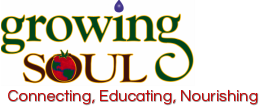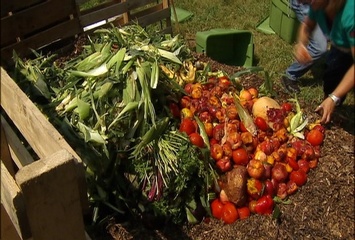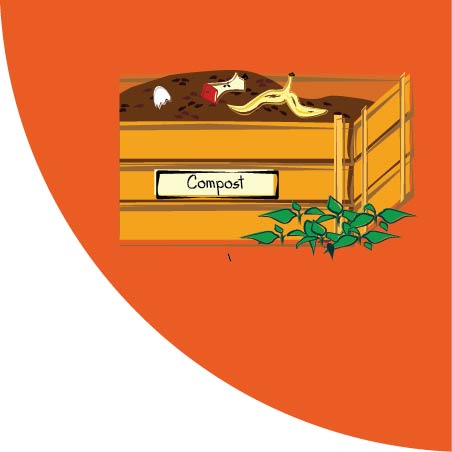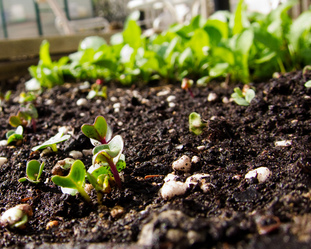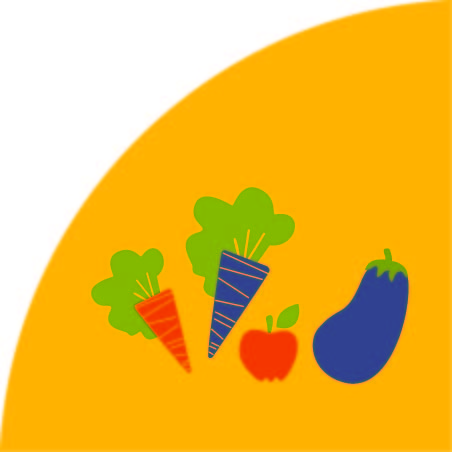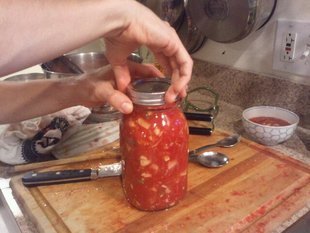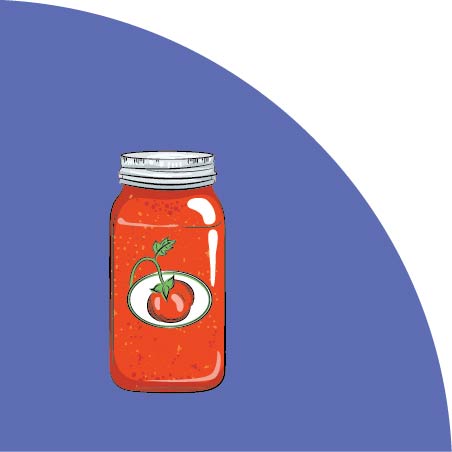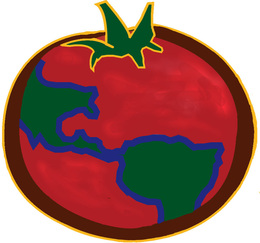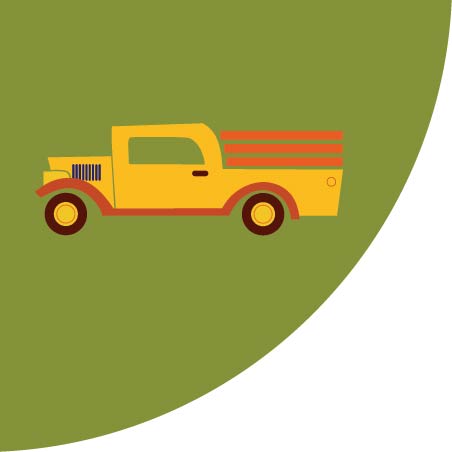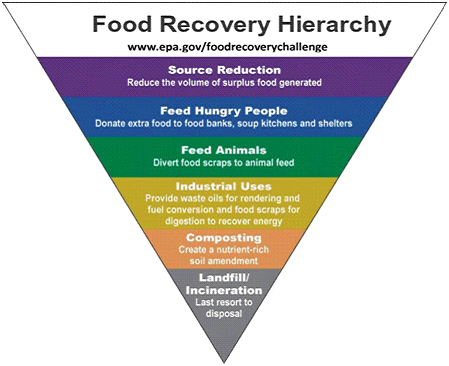"The Sandy Spring site is dedicated to the past, present, and future residents of Sandy Spring in hopes the activism that has characterized the community for centuries will continue in the future. This [site] has long been a source for contemplative thought and a place to recognize that we are dependent on this land and should be watchful caretakers." Taken from the dedication to the spring for which Sandy Spring is named, we hope to honor the rich tradition of activism and contemplative thought as we are growingSOUL.
COMMUNITYWe maintain a Community Compost Center at the Olney Farmers & Artists Market, where the community brings their food scraps to help create compost and worm castings that are available to the community based on volunteer contributions and reciprocity.
|
CULINERATIOur multi-generational volunteer group brings together people from all walks of life. We will preserve the culinary traditions of our community by having our youth interview and record their elders. From these recordings, we will create a living video cookbook called The Culinerati Files.
|
WHY WE DO IT
Our current system of food growing and distribution is irreparably broken and is having a devastating impact on the health of individuals, communities, and the planet.
We can begin to solve this crisis by moving away from the energy-wasting model prevalent in the U.S. of growing food far from its ultimate destination, thereby eliminating the resulting pollution and heavy carbon footprint such a system creates.
By teaching the principles of how to grow your own food, we believe ageism, classism, and most "isms" can be dismantled by empowering communities to have equal access to healthy food. Ultimately we will create a new kind of diverse multi-generational organization, where young and old people from all walks of life work side by side on cooperative sustainability projects that connect, educate and nourish one another.
We can begin to solve this crisis by moving away from the energy-wasting model prevalent in the U.S. of growing food far from its ultimate destination, thereby eliminating the resulting pollution and heavy carbon footprint such a system creates.
By teaching the principles of how to grow your own food, we believe ageism, classism, and most "isms" can be dismantled by empowering communities to have equal access to healthy food. Ultimately we will create a new kind of diverse multi-generational organization, where young and old people from all walks of life work side by side on cooperative sustainability projects that connect, educate and nourish one another.
Through our Roots & Shoots registered group, we fulfill our mission of:

CONNECTING, EDUCATING & NOURISHING COMMUNITIES
BY PROVIDING EQUAL ACCESS TO NUTRITIOUS AND SUSTAINABLE
FOOD FOR ALL
Photo used under Creative Commons from kusine
